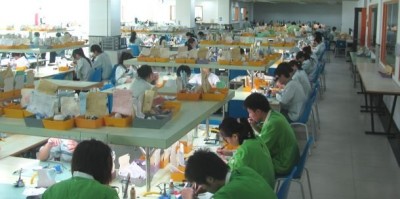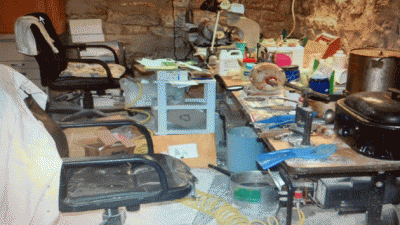what is a dental technician
Dental technicians have always been behind the scene and the profession of dental technology has remained unknown to the general public. As dentistry has progressed, so has the role of the dental technician. In recent years the profession of dental technology has changed tremendously. Through all the recent changes my profession still remains largely unregulated.
In the U.S. there are very few regulations controlling dental technicians or dental laboratories. In most states, there are no restrictions as to who can own a dental laboratory. https://www.nadl.org/ The patient (and the dentist) has no way of knowing where or how their restorations are being made. They could be created in China, a garage, or wherever. Based on recent statistics provided by the FDA, 38% of all dental restorations are produced off-shore. Most of those come from China. This statistic, and several other factors, have had a huge impact on the dental laboratory industry and dental technicians. The certification process for dental technicians is controlled by the National Board of Certification. http://www.nbccert.org/ This certification (CDT) is completely voluntary. For people that are CDT’s , there is no assurance of skill, quality, or a high level of knowledge. One CDT could be a step worker in a large laboratory and another CDT could be working at a Master’s level. There is no way for the patient (or the dentist) to distinguish between the two. This lack of regulation for the laboratory and the individual is sad and unfortunate.

In the United States, several large laboratories have distilled the restoration making process into small individual tasks. In these laboratories, the ‘dental technicians’ become step workers, incapable of making a restoration from start to finish, and unable to explain why they do what they do. This process has become commonplace for other forms of manufacturing around the world. Dentistry is different in that each restoration is unique for every patient. Each restoration NEEDS to be different. Teeth are not widgets.
I am proud to say that I can explain every alloy, resin, ceramic and technique that I use. I have traveled around the world taking and giving classes. I continue to read current literature to stay updated on materials and techniques. I believe this to be necessary and valuable. If you ever have questions about the materials or techniques I use, please feel free to ask, or better yet stop by and visit the lab.
Steve

